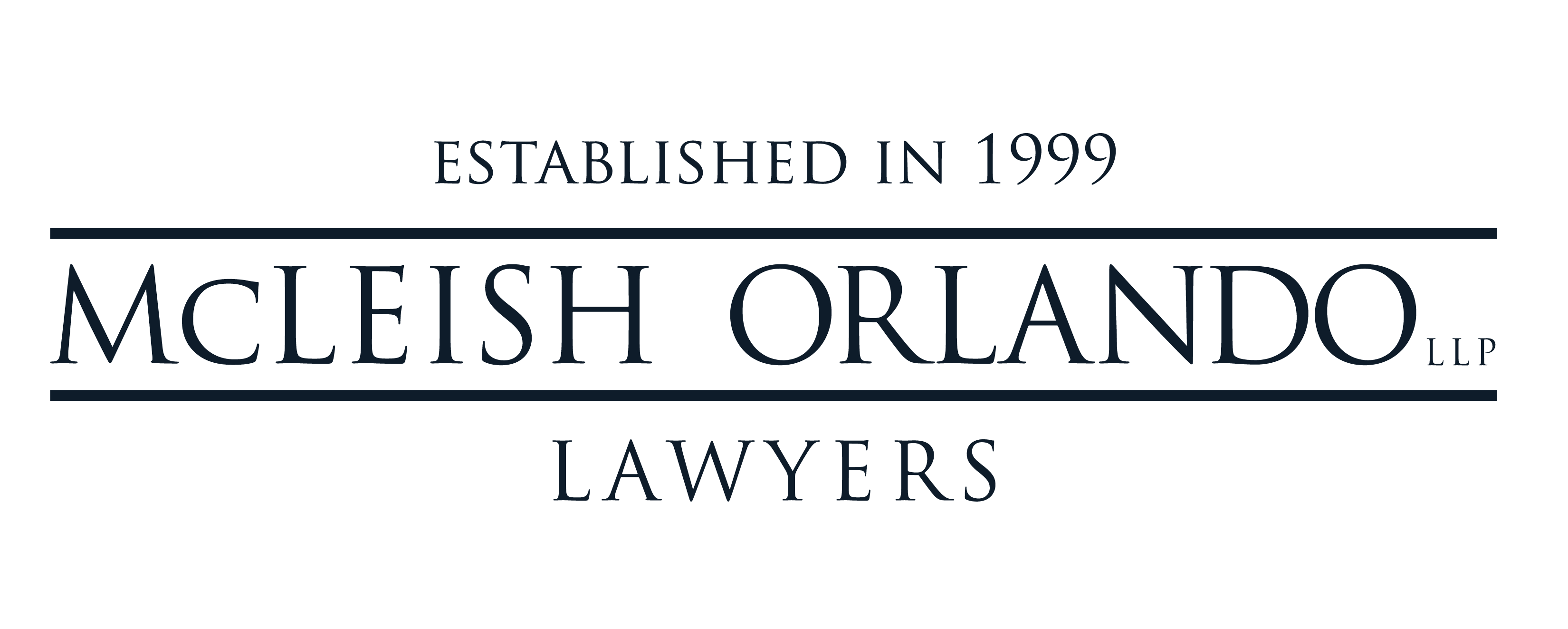Written By: Nick Todorovic, Partner and Emma Funston-Clarke, Student-at-Law
9 Minute Read
When most people think of injuries from a car or pedestrian accident, they imagine broken bones, sprains, or visible scars. However, not all injuries are outwardly apparent. Many individuals experience psychological trauma that can persist long after their physical injuries have healed.
If you are dealing with post-traumatic stress disorder (PTSD) or emotional distress following an accident in Ontario, you may be asking, “Can I seek compensation for PTSD?” The answer is yes. Psychological injuries are real, serious, and recognized under Ontario law as compensable.
What PTSD and Psychological Trauma Look Like After an Accident
CAMH defines PTSD as a natural emotional response to frightening or dangerous experiences that involve actual or threatened serious harm. For some individuals, however, memories or thoughts of these events continue to significantly impact daily life, long after the immediate danger has passed. Experiences that trigger this prolonged response are referred to as “traumatic.” In the context of car or pedestrian accidents, PTSD is more common than many people realize.
Symptoms may include:
- Flashbacks or nightmares about the collision
- Anxiety, panic attacks, or hypervigilance (constantly feeling on edge).
- Avoiding driving, crossing streets, or other reminders of the event.
- Trouble sleeping, concentrating, or returning to work.
- Strained relationships and social withdrawal.
These symptoms can severely disrupt daily life, making recovery from an accident feel overwhelming.
Legal Recognition of Psychological Injuries in Ontario
Ontario law recognizes that psychological injuries can be just as debilitating as physical ones. If another person’s negligence caused your accident, you may be entitled to compensation for mental trauma.
Courts in Ontario have repeatedly confirmed that mental health conditions such as PTSD, depression, and anxiety qualify as compensable injuries when supported by medical evidence.
How Courts Assess PTSD and Mental Trauma Claims
To succeed in a PTSD personal injury claim in Ontario, you must show that your psychological injuries are serious and caused by the collision. Courts consider:
- Medical documentation. A diagnosis from a doctor, psychologist, or psychiatrist showing that you have PTSD or another psychological injury.
- Expert testimony. Evaluations from mental health professionals explaining how the injury affects you.
- Impact on daily life. Evidence that your symptoms interfere with work, school, household responsibilities, or self-care.
In short, it’s not enough to feel stressed or upset after an accident. You need medical evidence that your condition is serious and affects your everyday life. The stronger your medical evidence, the stronger your claim will be.
Barriers and Considerations
While PTSD and other mental health injuries are compensable, there are hurdles to be aware of.
-
The Threshold Test
In Ontario, you can only receive money for pain and suffering if your injuries are considered serious and long-lasting. This means the accident must have caused a real, permanent impact on your ability to live your life, such as doing your job, caring for yourself, or enjoying your usual activities.
In Bothwell v. London Health Sciences Centre 2023 ONCA 323, Ontario’s Court of Appeal clarified that not every difficult emotion after an accident amounts to a legal claim. Feelings like sadness, anger, or frustration are very real, but on their own, they are considered normal psychological upset, not a compensable mental injury.
To succeed in a claim for mental injury, the Court said there needs to be evidence showing the trauma has gone further, such as:
- Problems with memory, focus, or other cognitive functions
- Difficulties managing everyday tasks or relationships, or
- The need for medical or therapeutic treatment.
In short, the Court confirmed that to recover compensation, there must be proof that the accident has caused a lasting and significant impact on your ability to function, not just temporary distress.
Proving emotional damages in a personal injury claim can feel overwhelming, since psychological injuries are often more difficult to “see” than physical ones. What matters most is how the trauma has affected your life – your ability to think clearly, manage daily routines, and maintain your usual activities. The courts also examine how long these difficulties last and what treatments you need. In other words, the focus is on your feelings and the real impact of your symptoms on your day-to-day life.
-
Evidence challenges
Proving a psychological injury is different from proving a broken bone. You can’t take an X-ray to “show” PTSD or anxiety. Instead, your case relies on detailed records from doctors, psychologists, or other mental health professionals who can confirm your diagnosis and explain how it affects your life. That is why seeing a doctor early is important, following through with treatment, and keeping copies of your medical records. These steps can make a big difference in supporting your claim.
-
Stigma
Some insurance companies don’t always take psychological injuries like PTSD or anxiety as seriously as physical ones. That’s why having a lawyer on your side is so important. They can ensure your experience is recognized and you get fair compensation.
What Compensation Can You Claim?
If you can show that your accident caused PTSD or psychological trauma, you may be entitled to compensation for:
- Treatment costs – including therapy, medication, and other necessary care.
- Lost income – both past wages and potential future earning capacity.
- Pain and suffering – recognition for the emotional and psychological impact of your injuries.
- Support services – if your ability to manage daily activities is significantly affected.
Steps to Take If You Believe You Have PTSD After an Accident
If you think you may be experiencing PTSD after a car accident, taking action early can make a big difference.
- See a doctor as soon as possible. Early medical documentation is essential. Your doctor can assess your symptoms, provide initial treatment, and create a record that may be important for any future claim.
- Follow up with a psychologist or psychiatrist. A formal evaluation and diagnosis from a mental health professional helps establish the seriousness of your condition and strengthens your case.
- Keep detailed records. Track your symptoms, appointments, treatments, and the ways your life has been affected, such as difficulties with work, school, or daily routines. These notes provide valuable evidence of the impact your injury has on your everyday life.
- Contact a personal injury lawyer. Navigating Ontario’s legal and insurance system can be complicated. A lawyer can explain your rights, help gather evidence, and guide you through the process to ensure you handle your claim properly.
How a Personal Injury Lawyer Can Help
A personal injury lawyer in Toronto or elsewhere in Ontario can help you navigate your claim by:
- Gathering medical evidence to support your case, including records and expert assessments.
- Meeting critical deadlines to ensure your claim is filed correctly and on time.
- Negotiating with insurance companies that may be reluctant to provide fair compensation.
- Advocating for your rights so you can recover.
With the right legal support, you can focus on your recovery while your lawyer handles the complexities of the claims process.
Conclusion
PTSD and psychological trauma after an accident are real injuries with lasting effects, and Ontario law recognizes that you may be entitled to compensation.
You don’t have to face this alone. Our lawyers can provide guidance, connect you with helpful resources, and assist you in pursuing the compensation you need to support your recovery.
Reach out today for a free consultation and take the first step toward getting the support you deserve.





